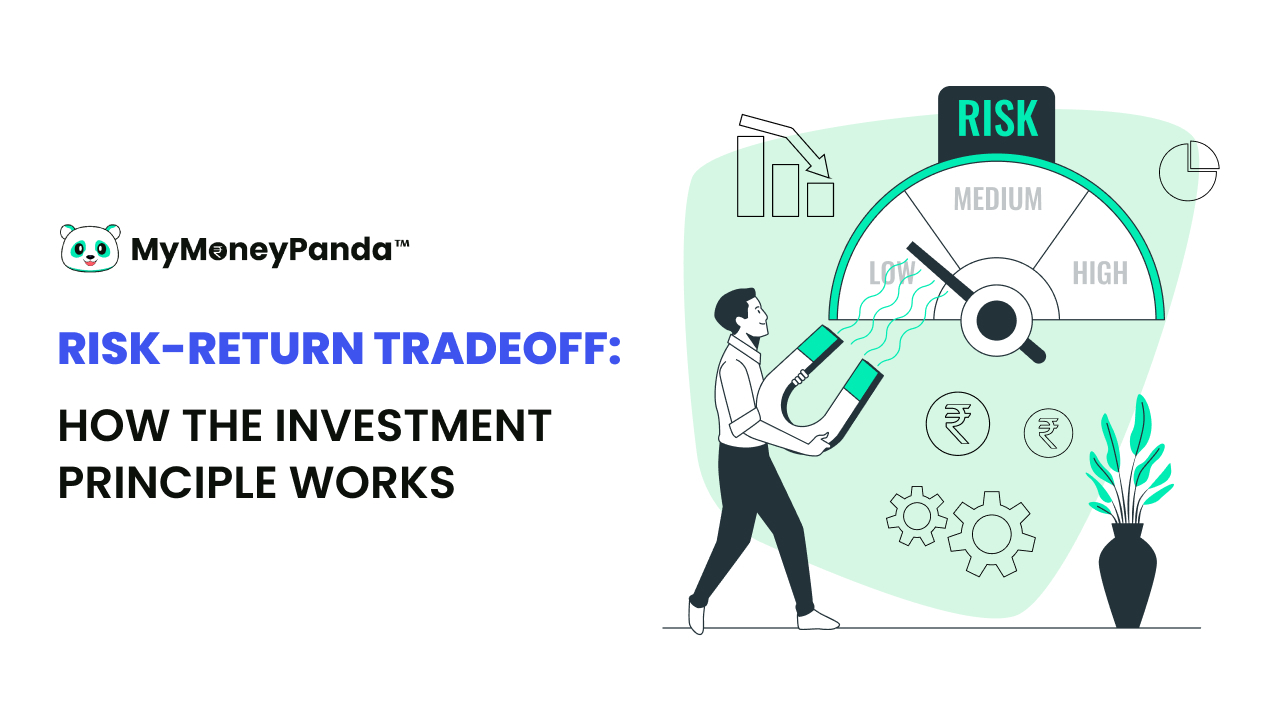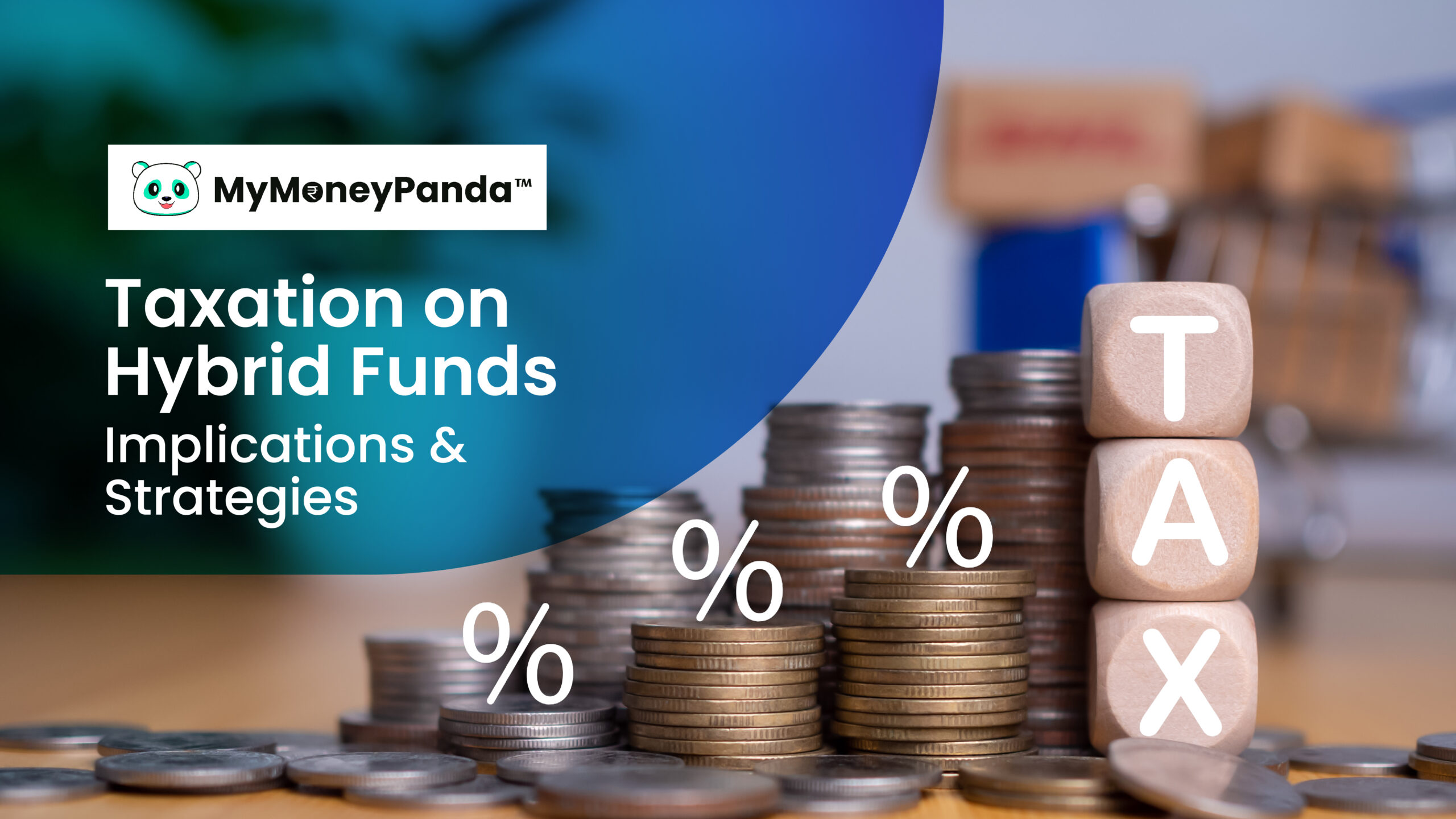Blogs
-

Flexi Cap vs Multi Cap Mutual Fund: Which Should You Choose
Investors looking to diversify and build their portfolios may find it difficult to decide between Multi-Cap and Flexi Cap mutual funds. Flexi-cap funds require a minimum of 65% in stocks, whereas multi-cap funds demand a minimum of 75% in equities, indicating at least 3/4 of the scheme’s total assets must be invested in equity and…
-

Risk-Return Tradeoff: How the Investment Principle Works
Investing in the stock market requires a careful strategy where each shareholder seeks to achieve either short-term or long-term goals. The risk-return trade-off concept states that as the potential reward increases, so does the corresponding risk. Let’s understand what a risk-return trade-off is. We will discuss the complications of risk-return trade-off, its importance in mutual…
-

Explore the Various Types of Equity Understanding Investments
When discussing stock markets and companies, the term “Equity Shares” is probably the most frequently used. Shares, or Stocks are the portion of capital each shareholder is entitled to. These represent ownership in a specific company. When investors buy shares of a company’s stock, they become partial owners and may benefit from capital appreciation and…
-

New Taxation on Hybrid Funds – Implications & Strategies
Imagine you have a jar of candies. Instead of having only one type of candy in the jar, you have a mix of chocolates, gummies, and lollipops. That’s what hybrid mutual funds are like – a mix bag of different investments. Instead of putting all your money in just one asset class, these funds spread…
-

AUM and Returns: Navigating Impact on Investments
Assets under management (AUM) is like a measuring tape for how big a mutual fund’s portfolio is. It is a total value of all the assets (money) that a mutual fund or an institution manages on behalf of its clients. Knowing AUM is important for people who invest their money. Let’s take a closer look…
-

Tax Harvesting: How to Save Capital Gain Tax
Taxes are never fun, but we have to pay them on our earnings, purchases, and even on the profits we make from investing in Mutual Funds from 2018. In this blog, we will show you how to lower or even eliminate capital gains tax from mutual funds. What is Tax Harvesting? Tax harvesting means strategically…
-

Effective Asset Allocation in Mutual Funds for Optimal Returns
What is Asset Allocation Asset allocation is like a recipe for your investment portfolio, where you carefully decide how much of your money goes into different types of investments. These investments, called asset classes, can include assets such as stocks, bonds, real estate, and gold. The goal of asset allocation is to make sure your…
-

SWP vs Dividend (IDCW)- How to generate income from MF?
When you invest your money, you hope to get some back in the future. This could be in the form of dividends from stocks, interest from bonds, rent from real estate, or profits from a business. In mutual funds, you have two ways to get money back: through a systematic withdrawal plan (SWP) or through…
-

What is AUM in Mutual Fund: Benefits, Calculation & Importance
What is an AUM? Assets Under Management (AUM) in mutual funds means all the money that the mutual fund manages for its investors. It includes everything the fund has invested in, like stocks, bonds, and other securities. Mutual funds serve as collective investment vehicles, pooling funds from numerous investors to create diversified portfolios managed by…
-

Key Authority: Who Regulates Mutual Funds Industry in India?
The Securities and Exchange Board of India (SEBI) is like the boss of mutual funds in India. They make sure that mutual funds and other things related to buying and selling stuff like stocks are done fairly and safely. SEBI was started in 1988 and got its rules from a law called the Securities and…
